Exceeding Abundantly
Written by H, Posted in Christian Living, Published Work
When Mary and Martha’s brother Lazarus became sick, Mary and Martha expected Jesus to intervene.

“Therefore his sisters sent unto him, saying, Lord, behold, he whom thou lovest is sick.” (John 11:3).
Mary and Martha asked Jesus to come to them. When we pray, we ought to pray specifically and expectantly. This kind of expectation in prayer can only come through relationship with Christ. Mary and Martha both had great reverence for Jesus, and a close relationship with Him. They wanted to share with him about their brother being sick and as a result they eagerly sent for Jesus to come to them. Because of their closeness to Christ, because they knew He cared for them, Mary and Martha longed to cast their cares on Him. They expected Him to move.
Thank God, His logic is much different than ours.
Like us, Mary and Martha were human, and therefore didn’t have a complete understanding of God’s timetable. They tried to expedite Jesus coming to them by sending news of their sick brother, thinking that Jesus would come and heal him, but they didn’t understand that Jesus had a greater plan than healing their brother (v. 4). Thank God, His logic is much different than ours. While our understanding is finite; His is infinite. His thoughts are not our thoughts (Isaiah 55:8-9). While Mary and Martha thought Jesus would heal their brother, He had greater plans of raising their brother from the dead. Jesus purposefully delayed His arrival, Mary and Martha had no choice but to wait. While we’re waiting, God is working.
When we don’t know how to pray
When word came that Jesus was near, we read how Mary and Martha expressed themselves. “Then Martha, as soon as she heard that Jesus was coming, went and met him: but Mary sat still in the house.” (v. 20). Martha came to meet Jesus; she was ready again to earnestly enquire of Him. Mary, on the other hand, stayed in the house (probably because she was so consumed with grief). Martha had a lot to say, Mary didn’t, and Jesus was moved by both (v. 33). Even when we don’t know how to pray, and even when we cannot find the words, God hears our cries, and He knows every tear (Psalm 56:8). Mary and Martha both showed evidence of their faith in Christ, albeit in different ways. They both believed in Christ’s power.
“Even our trials are designed to bring glory to God.”
Hope Reflected
Mary and Martha were looking for Lazarus to be healed, and Jesus raised Lazarus from the dead. God always does exceeding abundantly above all that we ask or think (Ephesians 3:20), even in a literal life or death situation like that of Lazarus! As Matthew Henry wrote, “The afflictions of the saints are designed for the glory of God, that he may have opportunity of showing them favour; for the sweetest mercies, and the most effecting, are those which are occasioned by trouble.” What an encouragement to know that even our trials are designed to bring glory to God!

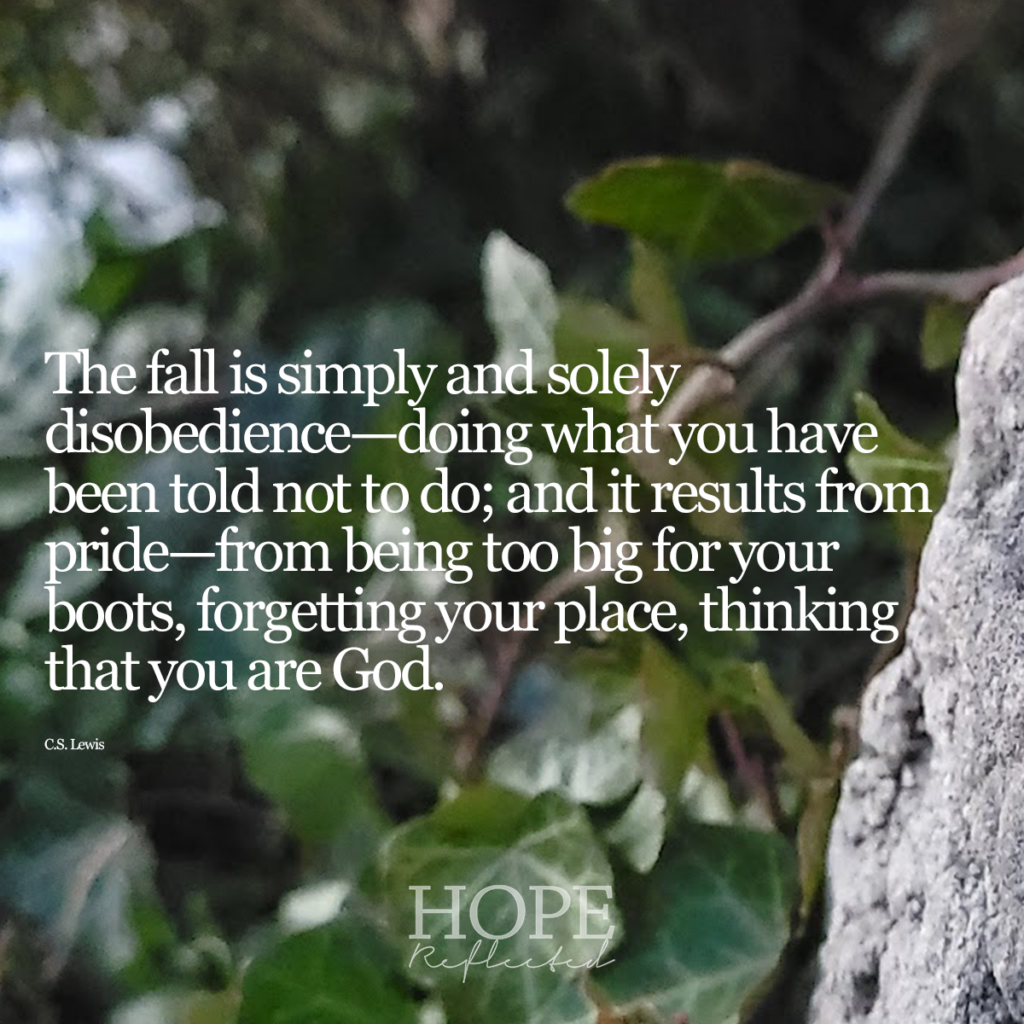



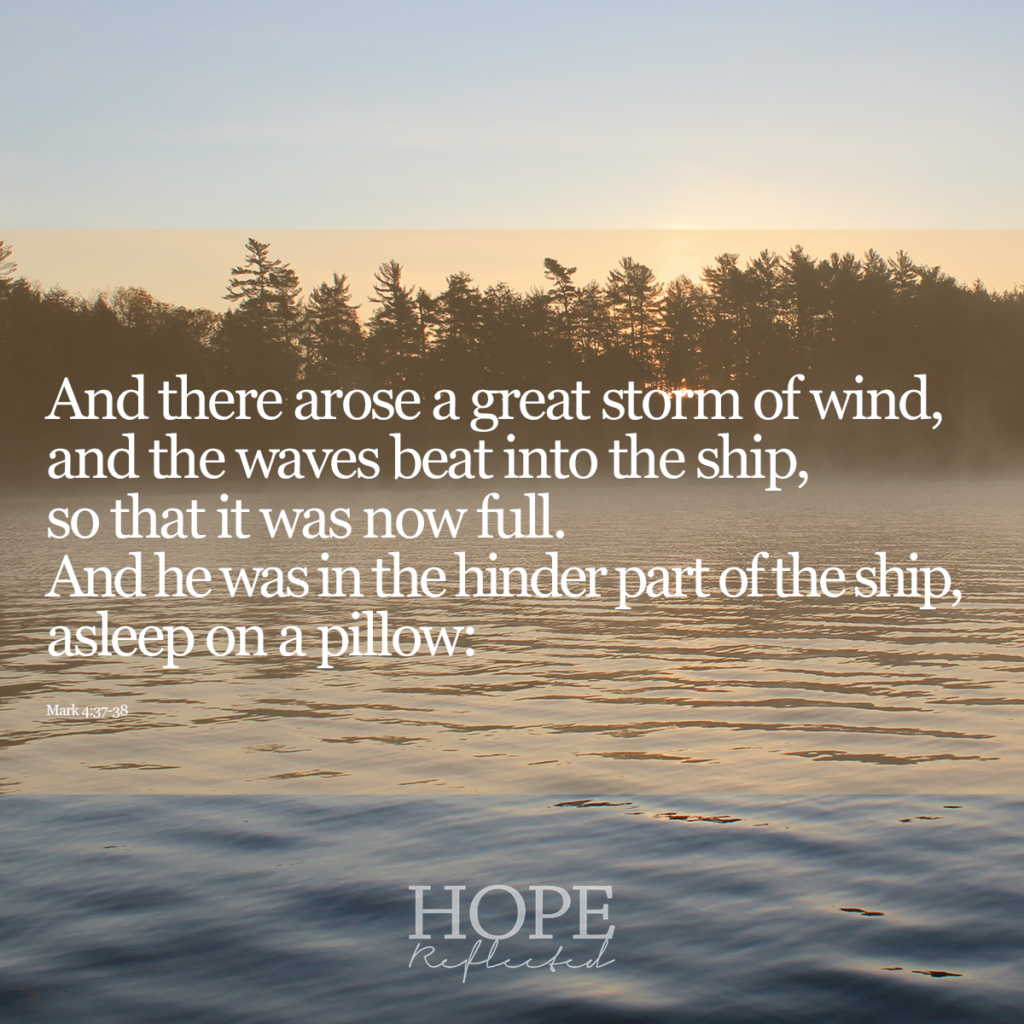
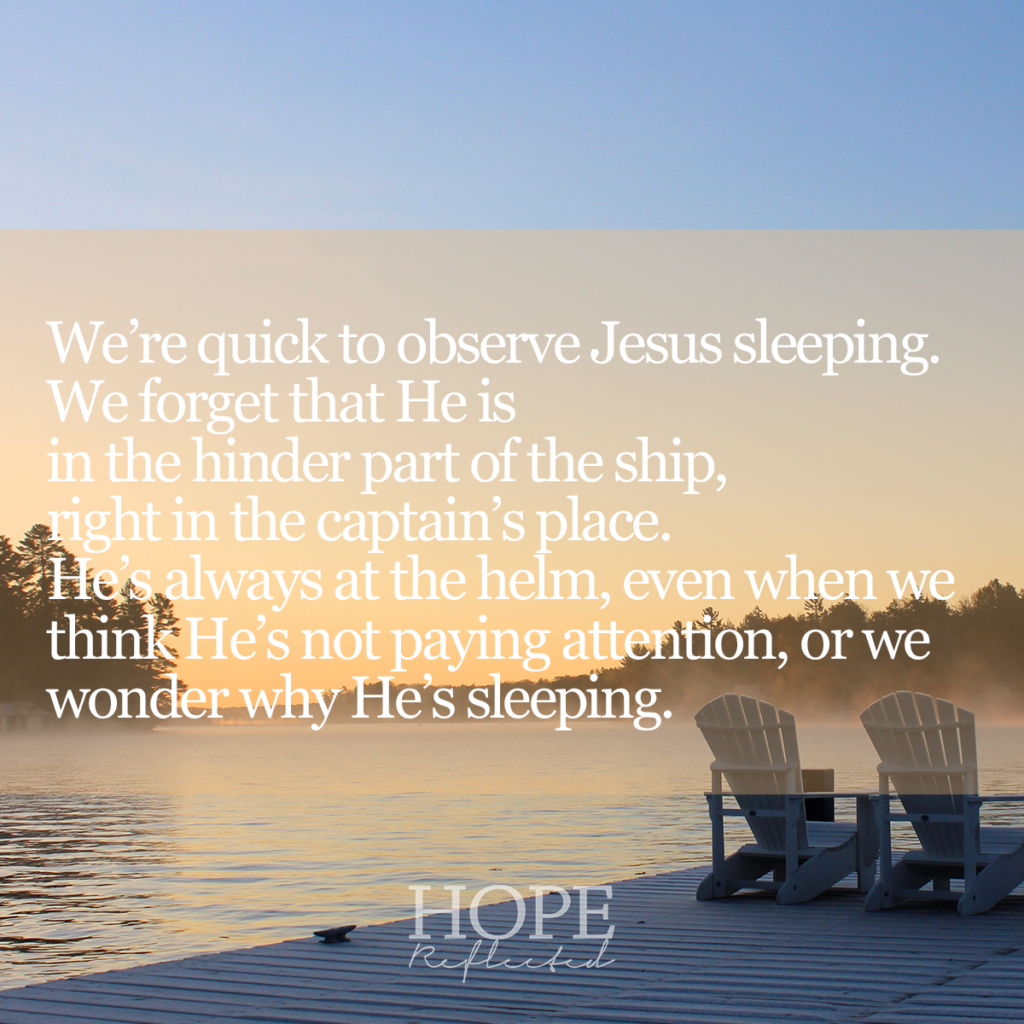
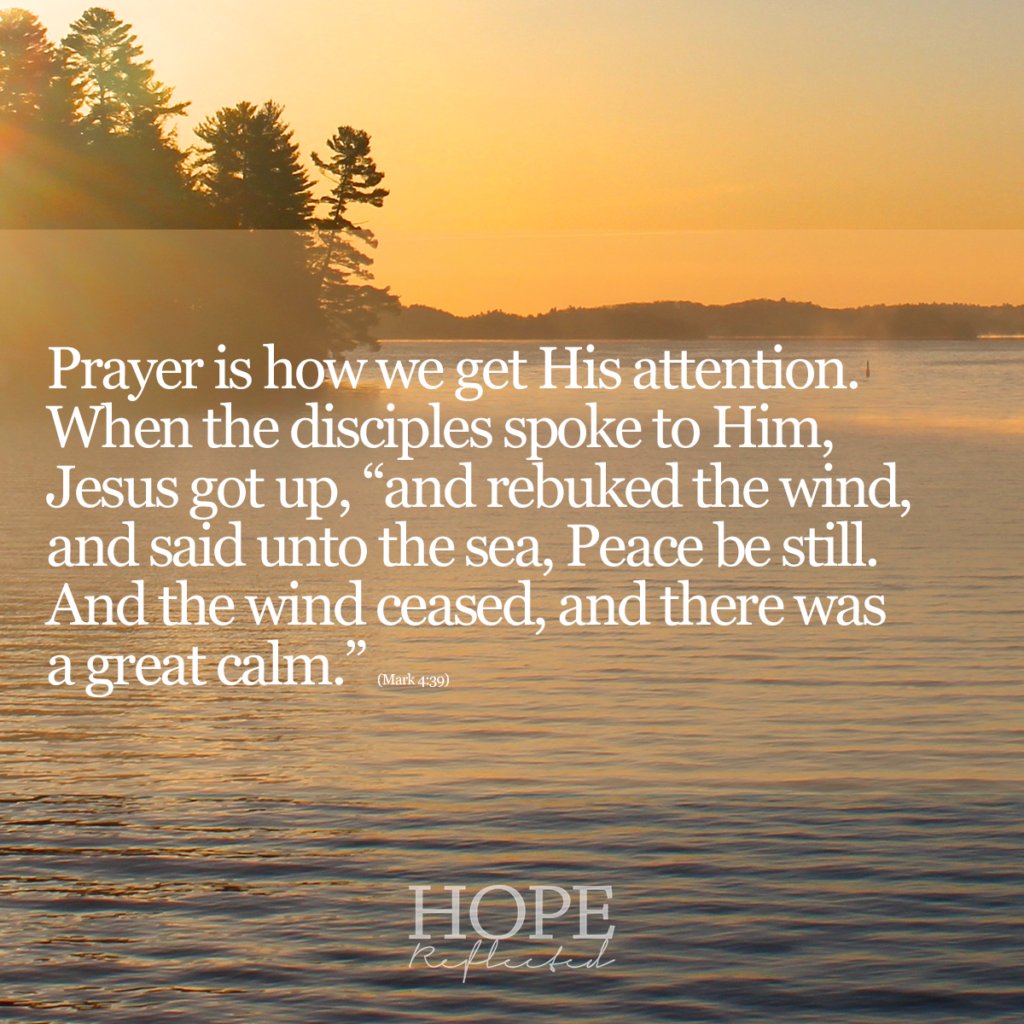


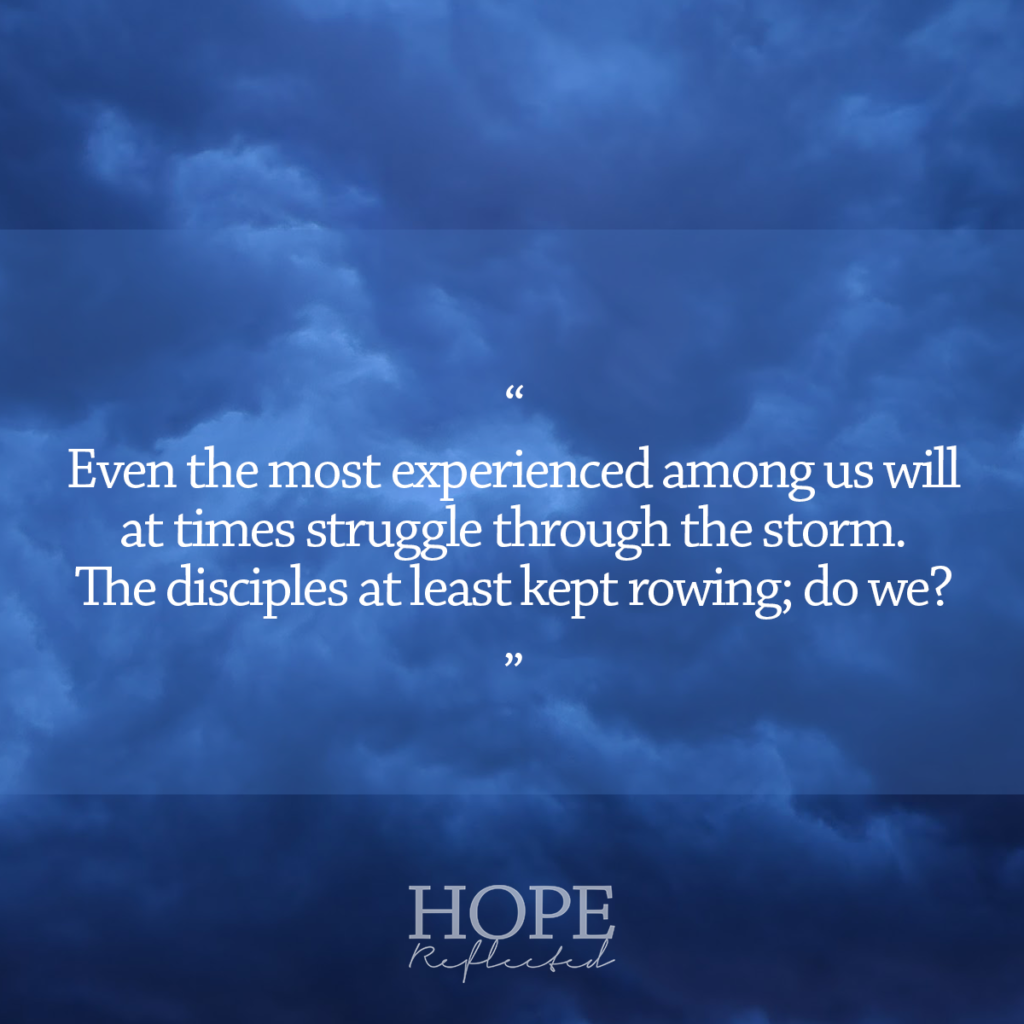
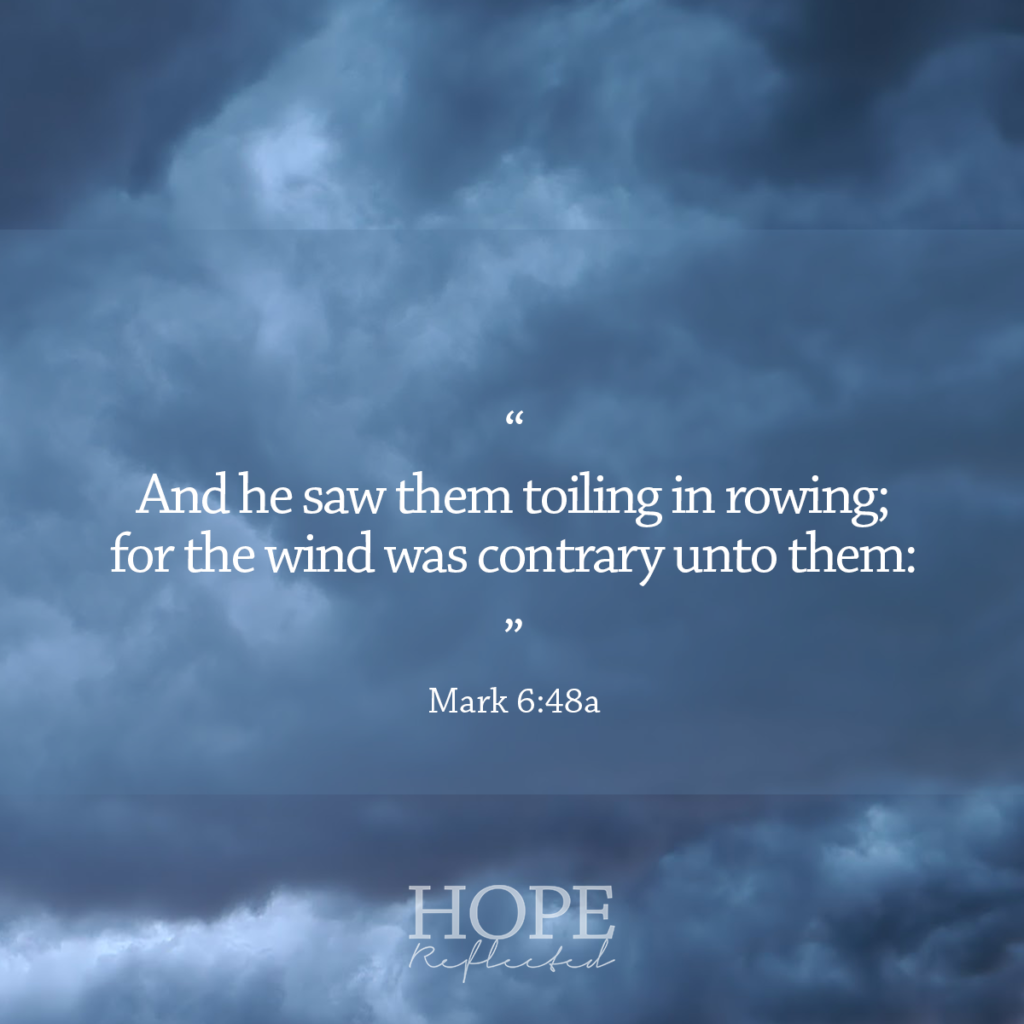
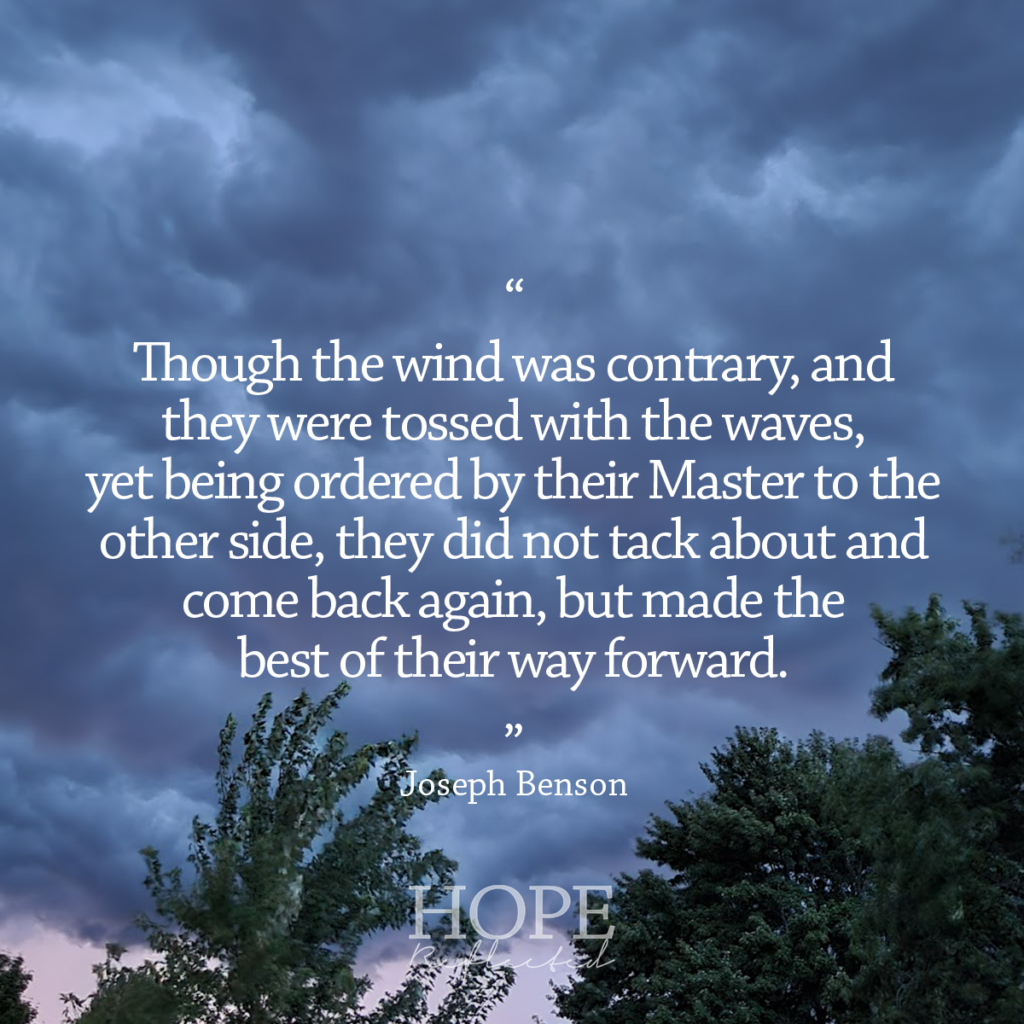


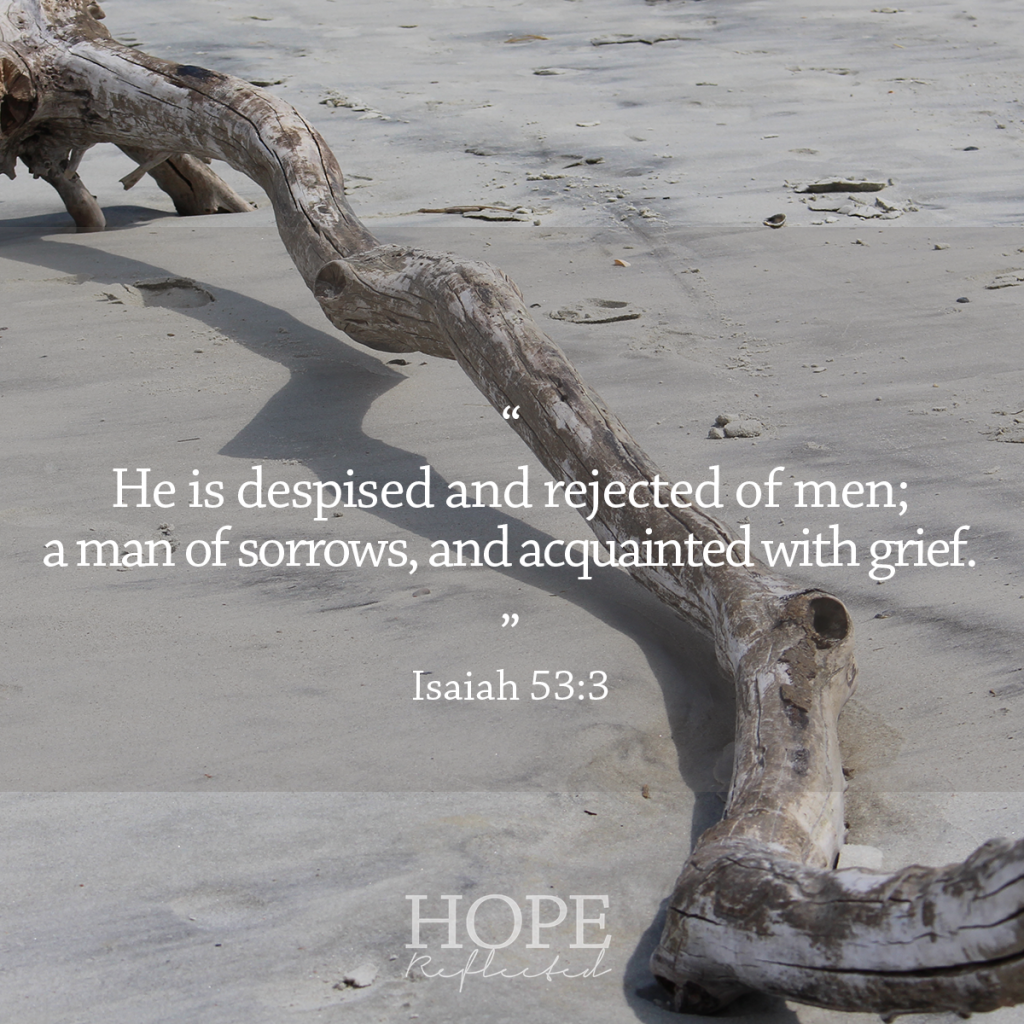

![False friends or counterfeit kindness; whatever you want to call it, the world is filled with people who will say one thing to your face and then another behind your back; people who will woo you in order to get something from you.
It’s sad, but it’s true.
The Bible provides us with examples from Joab to Judas, and yet, we’re surprised when we find ourselves deceived and hurt by someone else.
So what are some of the hallmarks of a true friend?
You can read more about this on hopereflected.com [Link in profile]
.
.
.
#friends #friendship #kindness #counterfeitkindness #hurt #proverbs #truefriends #hopereflected #blog #blogpost](https://www.hopereflected.com/wp-content/plugins/instagram-feed/img/placeholder.png)